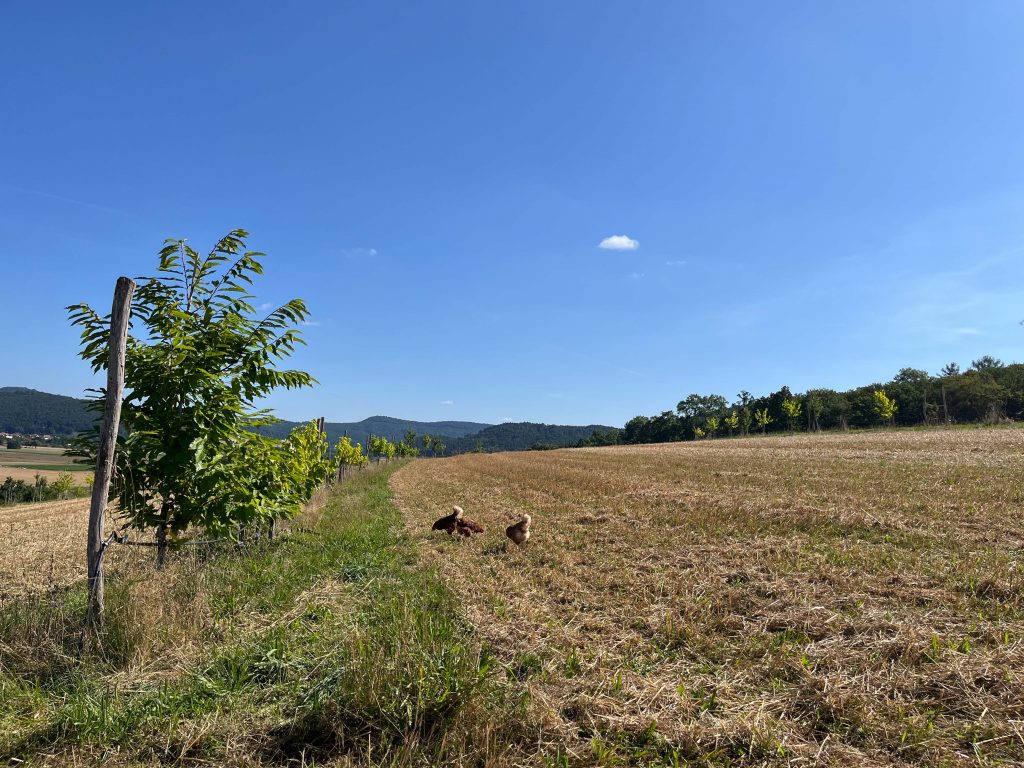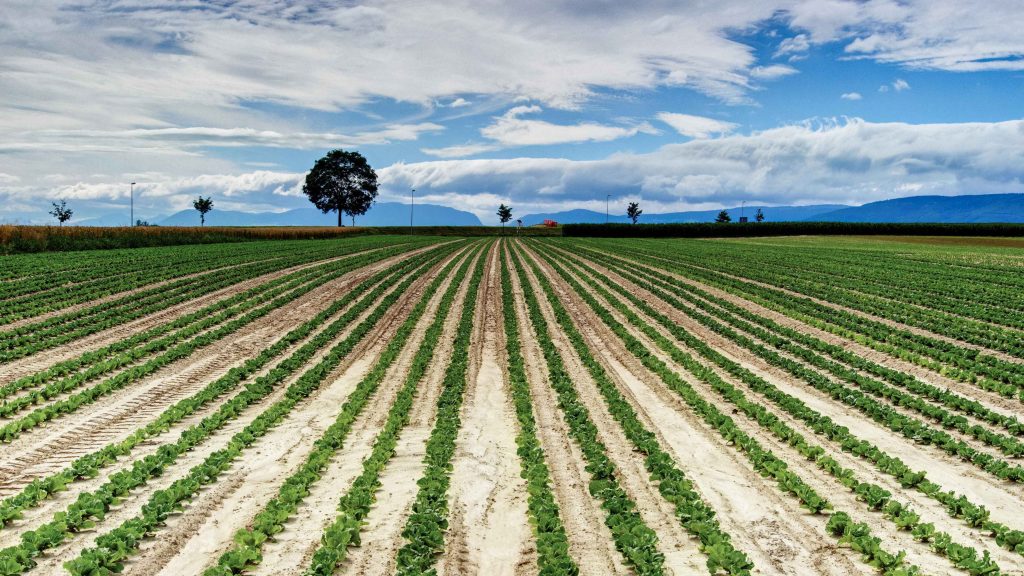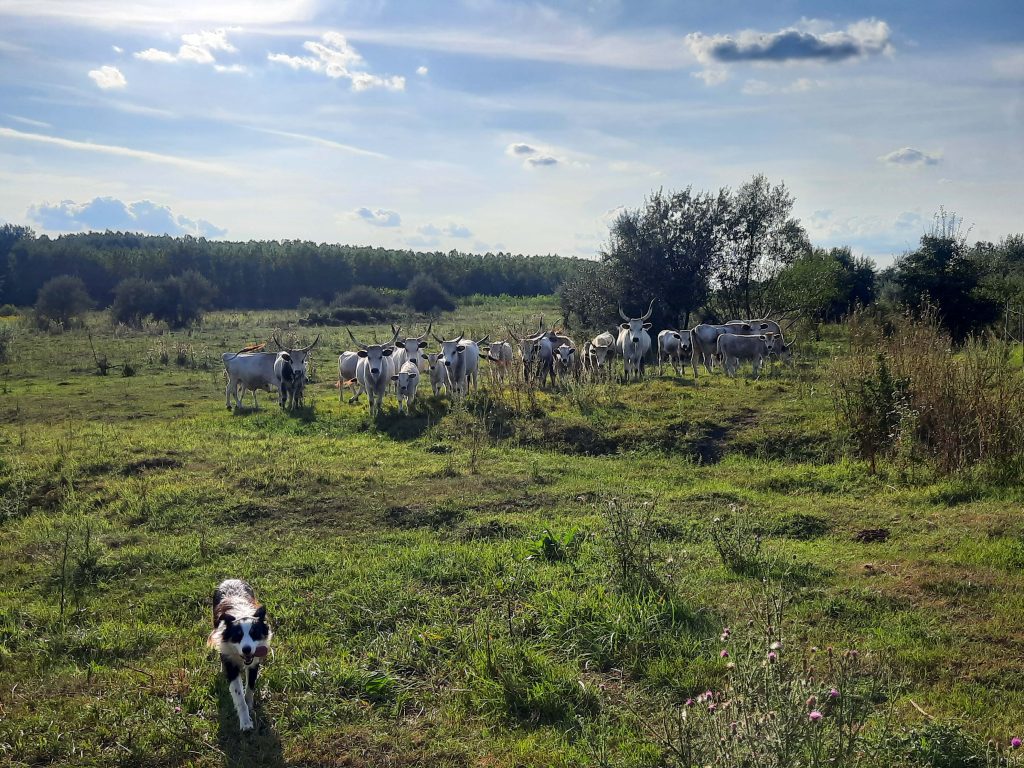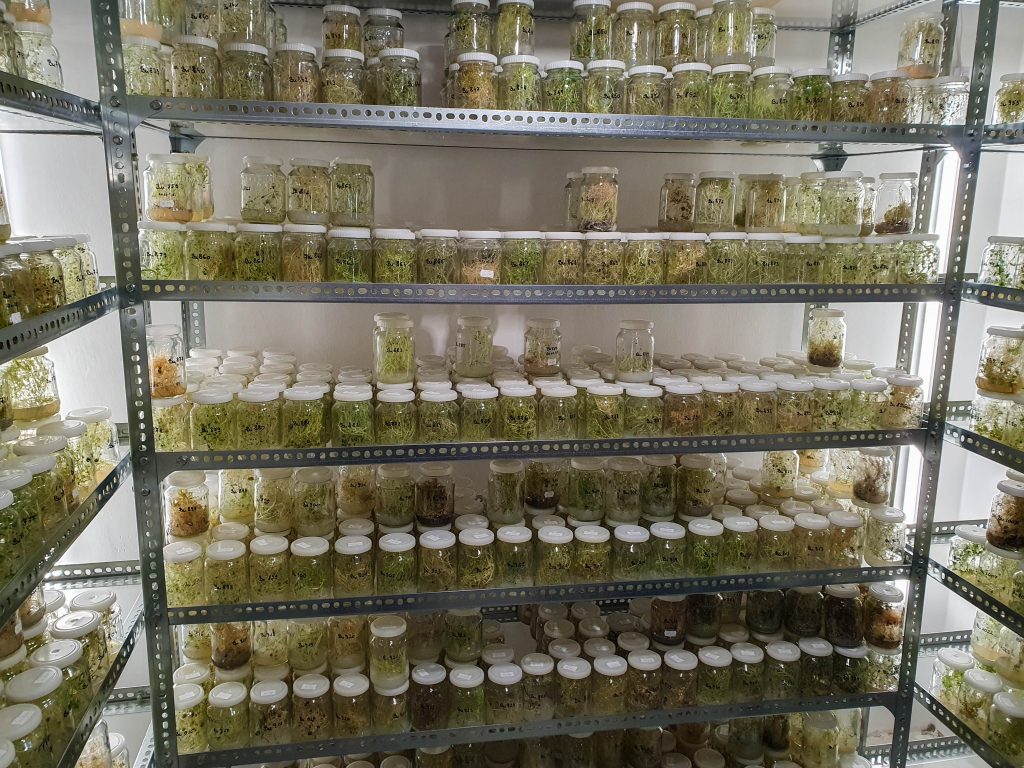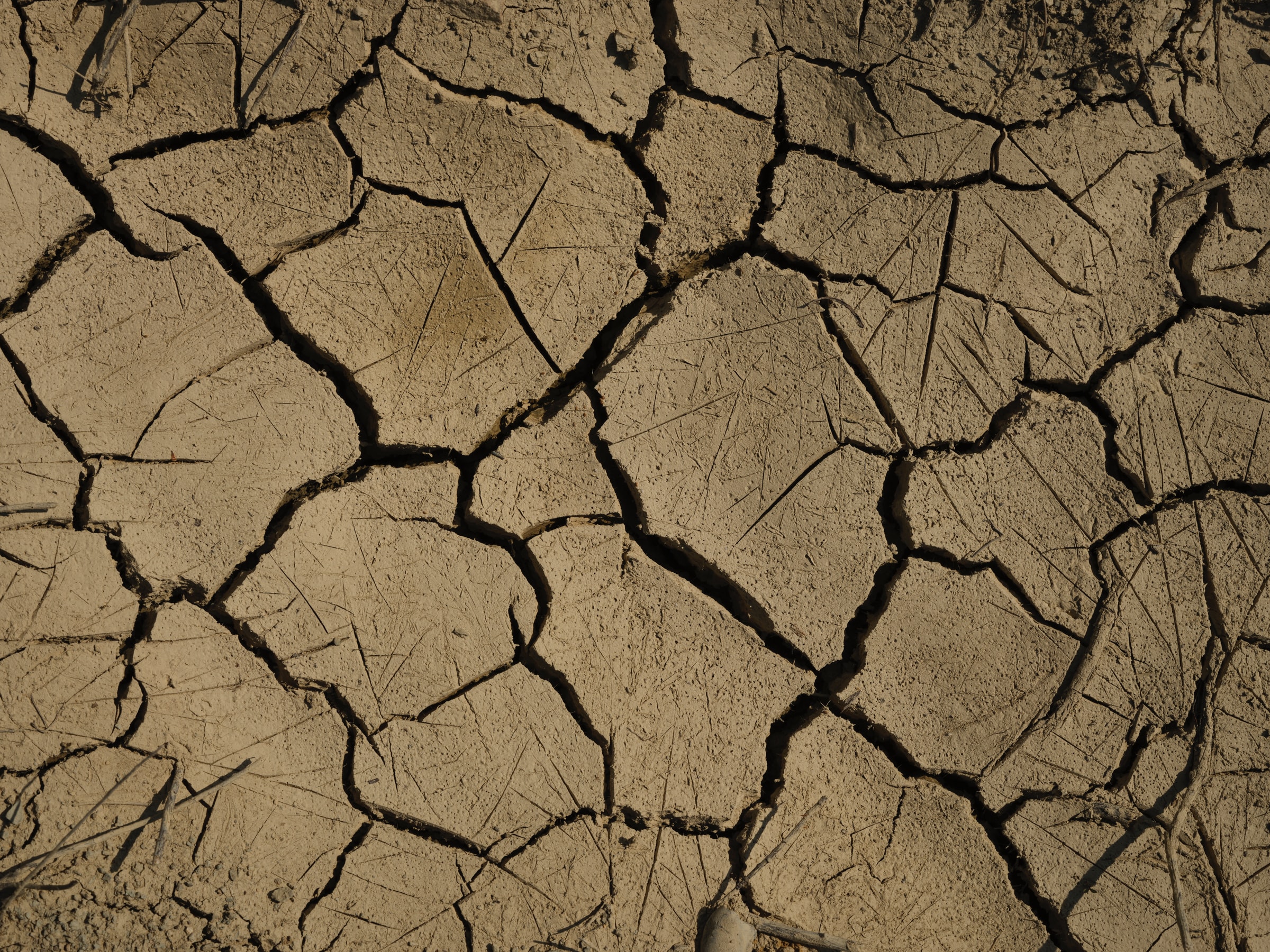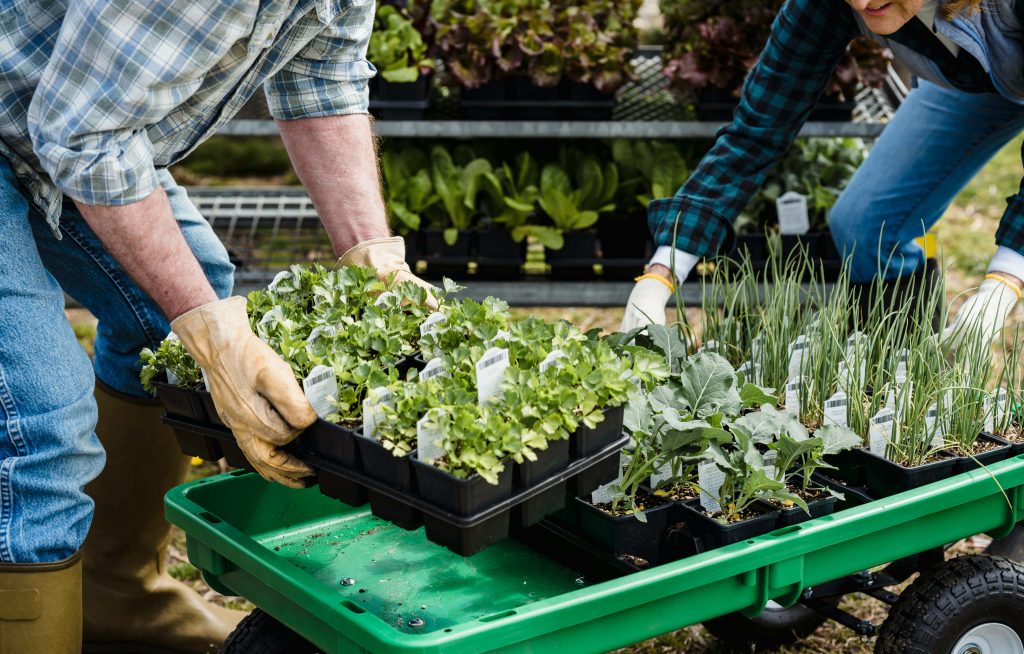
Agrobiodiversity Through a Collective Lens
A post by Emile Ammann, Judith Chileshe, Sarah Gonzenbach, Janina Storjohann & Andrea Bedogni Can agrobiodiversity be cultivated collectively? Modernisation in agriculture has often come at a cost. While it has boosted productivity, it has also fragmented farming communities and weakened collective practices. But in the countryside near Kassel, Germany, a different story is unfolding, […]
